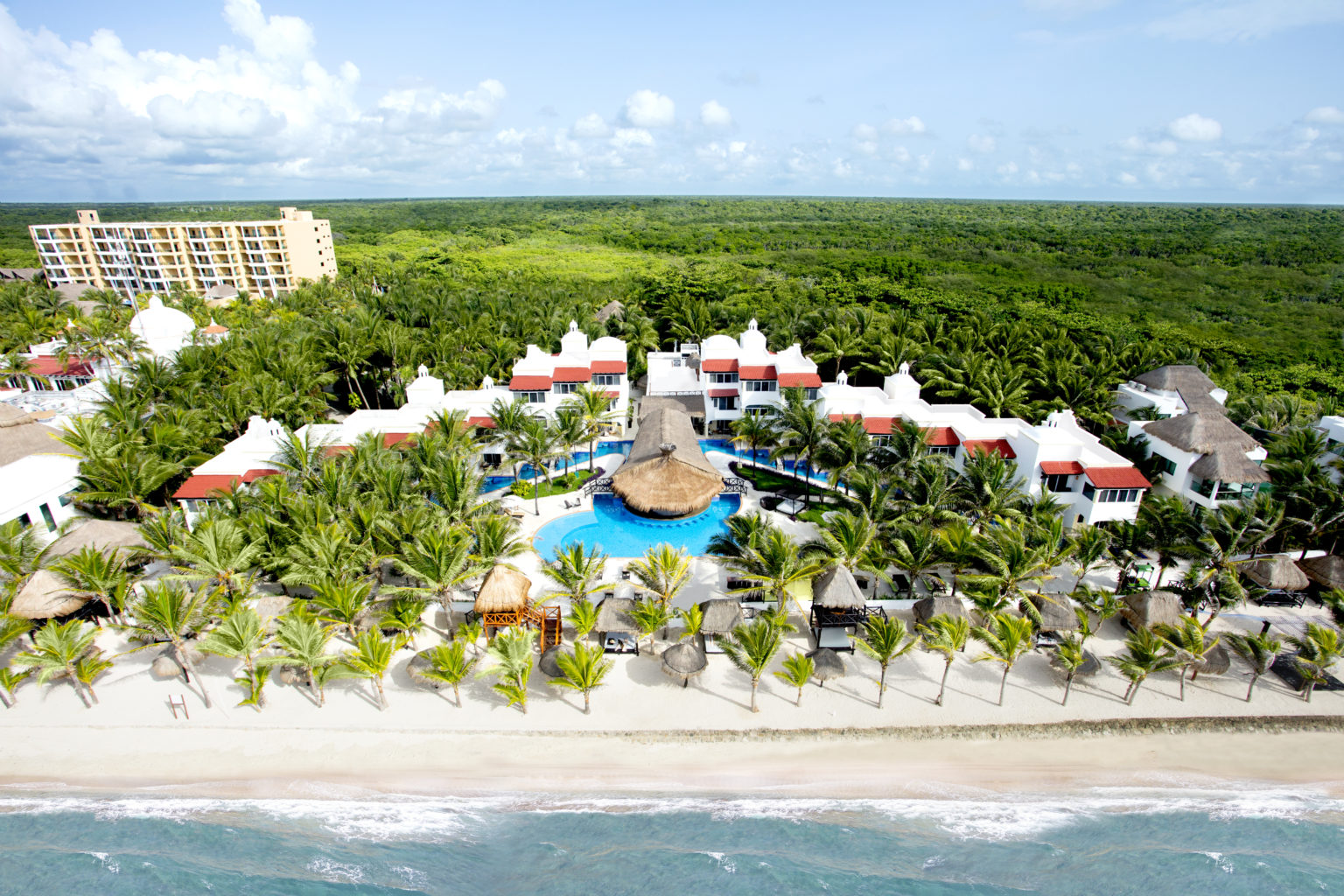In recent years, the allure of au naturel vacations has surged, drawing countless travelers to clothing optional beaches and parks across the globe. This trend strikes a chord with a growing population seeking liberation from societal norms and a return to nature. As individuals shed not only their garments but also the weight of judgment, a deeper curiosity about the motivations behind this phenomenon begins to emerge.
The notion of freedom associated with nudity is perhaps the most compelling reason for the ascent of clothing optional destinations. In our hyper-scheduled lives, where constraints abound, the lure of basking in the sunlight, feeling the warm sand underfoot, and immersing oneself in a natural setting sans fabric resonates powerfully. The experience of shedding clothing often fosters a sense of empowerment and connectedness to oneself and the environment, allowing guests to embrace their bodies as nature intended.
Moreover, the democratizing ethos inherent in clothing optional spaces creates an environment of acceptance and inclusivity. Unlike traditional beach locales, where attire can signify social status or conform to strict standards of beauty, naturist venues encourage an egalitarian spirit. Here, individuals of all shapes, sizes, and backgrounds share sun-soaked expanses without the barriers typically imposed by clothing. Visitors often find that their insecurities diminish in the warm embrace of shared vulnerability, forging stronger connections among strangers.
Additionally, the health benefits associated with nudism contribute significantly to its rising popularity. Recent studies suggest that sun exposure, while keeping in mind proper safety measures, can enhance vitamin D levels, bolster mood, and promote skin health. Many individuals find that the rejuvenation experienced in these liberating environments can lead to enhanced overall well-being, both physically and psychologically. The ability to feel the breeze against the skin is an invigorating experience that many cherish deeply.
Simultaneously, eco-consciousness has also played a role in elevating interest in clothing optional parks and beaches. Many naturist destinations emphasize sustainability and responsible environmental practices. Visitors are increasingly drawn to places that highlight their commitment to preserving natural beauty, ensuring that future generations can partake in the same magical experiences. This alignment with nature fosters a shared responsibility, cultivating an ethos of stewardship amongst patrons.
As the trend of au naturel vacations continues to flourish, it provokes reflection on deeper questions of bodily perception, societal constructs, and the intrinsic human desire for freedom. The convergence of liberation, acceptance, health benefits, and environmental consciousness forms a comprehensive tapestry that explains the magnetic appeal of clothing optional spaces. Ultimately, these destinations offer not just a place to relax, but an invitation to discover—and perhaps redefine—the essence of personal authenticity.
